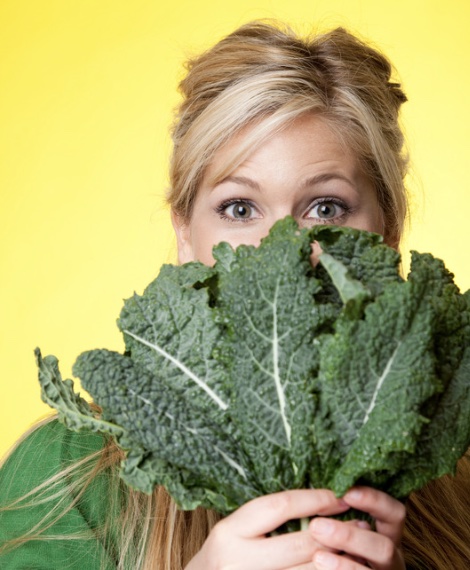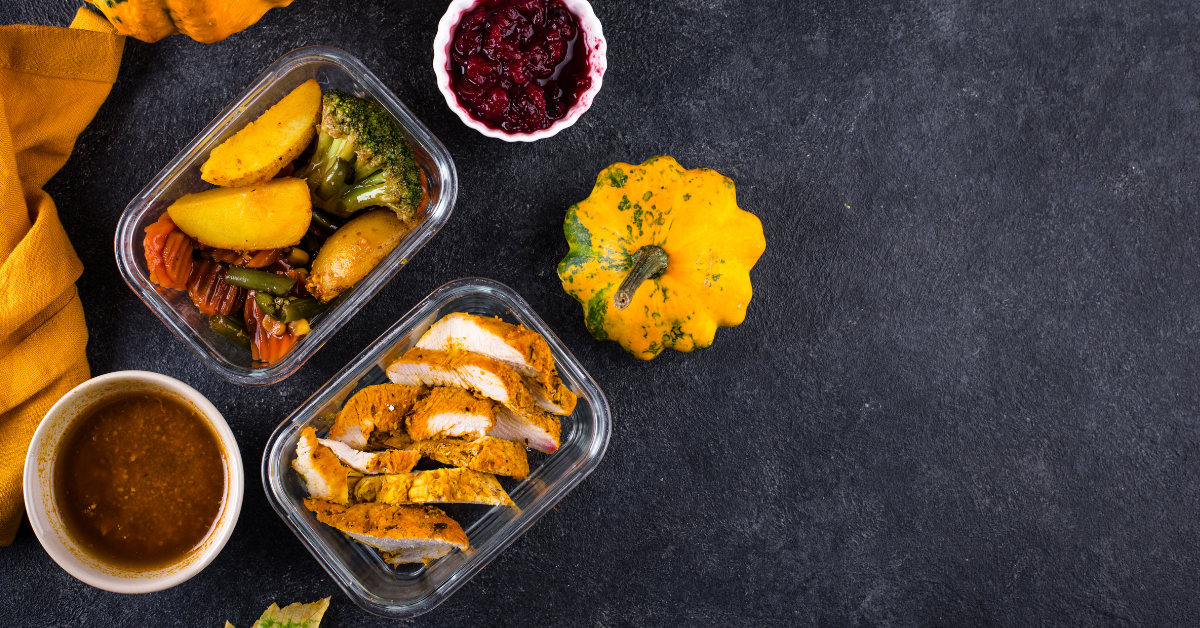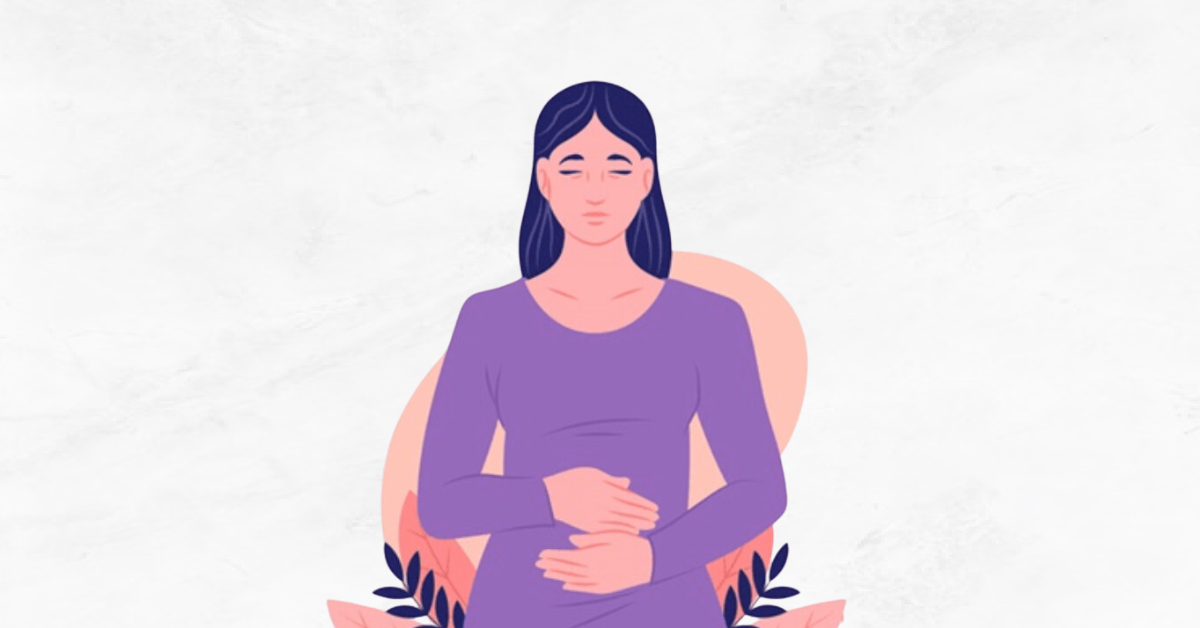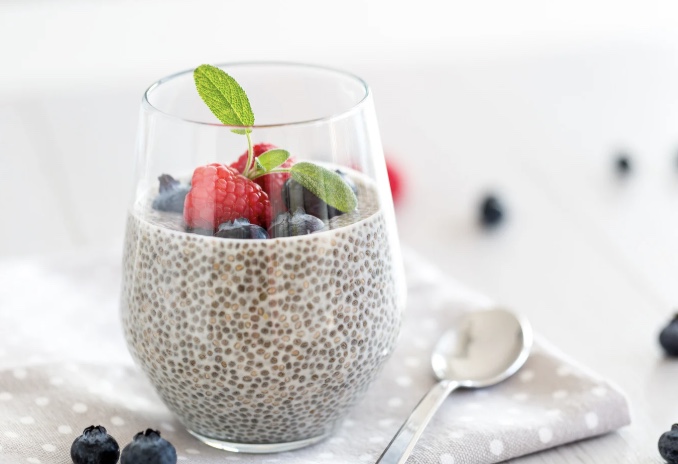As we step into our 40s and beyond, our bodies go through changes that require extra care and nourishment. One of the best and easiest ways to support our health is by incorporating more dark leafy greens into our daily meals. I don’t eat perfectly all of the time, but adding dark leafy greens to my diet is something I try to do every single day. I always have them on hand and get creative with how to incorporate them into my meals. These vibrant, nutrient-dense vegetables are among the most powerful foods we can eat, offering a wide range of benefits that are especially important for women in this stage of life.
What Are Dark Leafy Greens?
Dark leafy greens include vegetables such as spinach, kale, Swiss chard, arugula, collard greens, mustard greens, and beet greens. You may not be familiar with some of these but I encourage you to search for them in the produce section and try them out! They are packed with vitamins, minerals, fiber, and powerful antioxidants that help keep our bodies strong and energized.
Why Are Dark Leafy Greens So Important for Women Over 40?
As we age, our bodies need extra support to maintain bone health, hormone balance, heart health, and glowing skin. Dark leafy greens provide essential nutrients that help with all of these things and more:
- Supports bone Health – Women over 40 are at a higher risk for osteoporosis due to decreasing estrogen levels. Dark leafy greens are rich in calcium, magnesium, and vitamin K—three crucial nutrients that help maintain strong and healthy bones.
- Boosts Energy Levels – Feeling fatigued? Iron and folate – found abundantly in greens like spinach and kale, are essential for healthy red blood cells and oxygen transport, helping to prevent anemia and increase energy.
- Balances Hormones – The fiber and phytonutrients in leafy greens support hormone metabolism, helping to regulate estrogen levels and reduce symptoms of perimenopause and menopause.
- Protects Heart Health – Greens like Swiss chard and arugula are packed with antioxidants, potassium, and nitrates, which help lower blood pressure, improve circulation, and reduce the risk of heart disease—one of the leading health concerns for women over 40.
- Supports Brain Health – Cognitive decline is a concern as we age, but studies show that eating leafy greens can help slow memory loss and boost brain function thanks to their high content of folate, vitamin K, and antioxidants.
- Promotes Glowing Skin – The high levels of vitamin C, beta-carotene, and antioxidants in leafy greens help fight free radical damage, keeping our skin radiant and reducing signs of aging.
Easy Ways to Add More Greens to Your Diet
If you’re not eating dark leafy greens regularly, I hope the benefit list from above has convinced you to start and right now is the perfect time! Here are some easy and delicious ways to enjoy them along with some recipe ideas:
- Smoothies: Blend spinach or kale with fruit, protein powder, and almond milk for a nutrient-packed morning boost. (Green Smoothie)
- Salads: Toss a mix of arugula, spinach, and chard with nuts, seeds, and a healthy dressing for a delicious meal. (Avocado and Kale Salad, Spinach Quinoa Salad)
- Egg Scrambles: Sauté Swiss chard or collard greens with garlic and add to scrambled eggs. (Chicken Sausage and Power Green Scramble, Veggie Egg Scramble)
- Soups and Stews: Stir chopped greens into soups or stews for extra flavor and nutrition. (Kale, Sweet Potato and Italian Sausage Soup, 1 Pot Spinach Tortellini Soup)
- Wraps/Quesadillas: Use large collard leaves instead of tortillas for a nutrient-dense wrap or add greens to a quesadilla. (Spinach Quesadilla)
- Roasted Veggies: Toss kale or chard with olive oil and roast until crispy for a crunchy snack. (Kale Chips)
Final Thoughts
Dark leafy greens are truly one of the most powerful foods we can nourish our bodies with – especially as we age. By making these vibrant veggies a regular part of your diet, you’re giving your body the tools it needs to stay strong, energized, and radiant. So, go ahead and add an extra serving of greens to your next meal – your body (and your future self) will thank you!
Be thinking about ways you can use more dark leafy greens in your meal planning this week!











